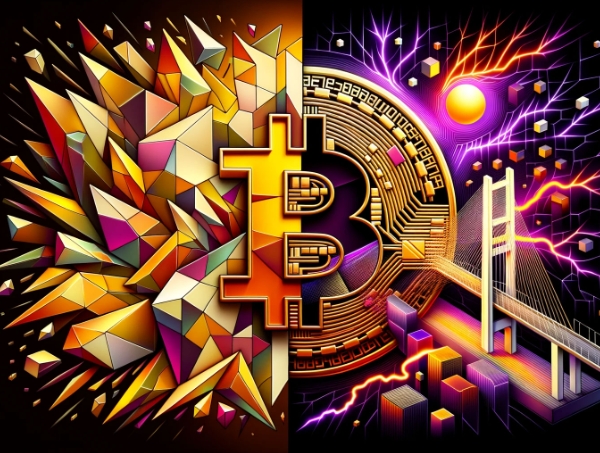I believe in a world which brings down the barriers that falsely divide us. I also believe that we still live in a digital world which has very little digital trust, and that we will in a world with siloed data
And, so, how do we build our future economies which integrate both the citizen and trust? Well, the EU are now building this with:
Starting with a pilot phase in 2023, every member state must by 2024 offer citizens a Digital ID Wallet that can be used throughout the EU. [Ref]
In the past, citizen identity has been used within siloed data areas, and where government agencies have linked citizens across different services. Often these identifiers were simple alphanumeric strings, and which were assigned by government agencies. These identifiers are then linked in some way to the citizen, and where citizens often have to request access to documents that prove certain aspects of their citizenship. These systems, too, often use paper-based approaches and have little in the way of real digital trust. But, in an information age, we now have the ability to provide unique digital identifiers for each citizen, and then for them to claim access to their citizenship documents. This might be in the form of their academic qualifications, their tax status, or even their driver’s licence.
While, at one time, these documents were either held by the trusted issuers of the information, or in a paper form, we now have the opportunity for these documents to be linked to a citizen wallet. This would allow citizens the opportunity to request documents once, but use them many times. A core part of this is the unique private key associated with the citizen, and in the usage of digital signing by trusted entities. While many countries have struggled to implement a digital identity scheme, the EU Commission has the ambition to provide every EU citizen with a digital wallet, and thus moved towards improved freedom of movement and integration of the countries within the EU.
The scale of this cannot be underestimated, and it could break down the barriers that have been created by legacy systems. In order to harmonise the integration of both citizens and trusted signers, the EU Commission proposes the usage of EBSI (European Blockchain Services Infrastructure).
And, so, we have just published a paper on how we see the future of digital governance in the EU:






All Comments